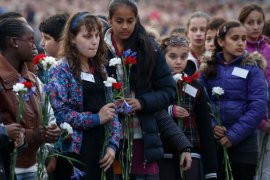Social networks, solidarity and inequality
In this research programme we investigate the following questions:
- how social and institutional contexts influence behaviour
- how such a context is formed through the effects of individual behaviour
This is the first programme in the Netherlands that has its own laboratory specialised in sociological experiments.
Our long-range research gives us more insight into the integration of immigrants and their children in Western countries.
Research lines
- Cooperation in social and economic relations
This research line considers the core problem of the social order by studying mechanisms that make trust, cooperation and coordination possible. How does social embeddedness influence human behaviour?
- Families and employment
This research line focuses on:
- the formation, organisation and disintegration of families
- the formation and organisation of labour relations
- the combination of family life and work
- Immigration
We study the integration of immigrants and their children in Western societies. The focus is on the following issues:
- structural integration (for example on the labour market)
- sociocultural integration (for example mixed ethnicity relationships, second language acquisition)
- Social stratification and inequality
This research line in quantitative historical sociology is at the cutting edge between sociology and social history. We investigate differences in openness in different societies and whether there is any move towards more social mobility.
- Computational sociology
The computational sociology research program uses computational techniques to examine the institutional conditions under which societies achieve variable degrees of equality, integration, and sustainable behavior of its citizens.
Excellent scores in external evaluations
In recent years the research performed by the Sociology division and the ICS research school has consistently been given excellent scores in a number of authoritative external evaluations.




